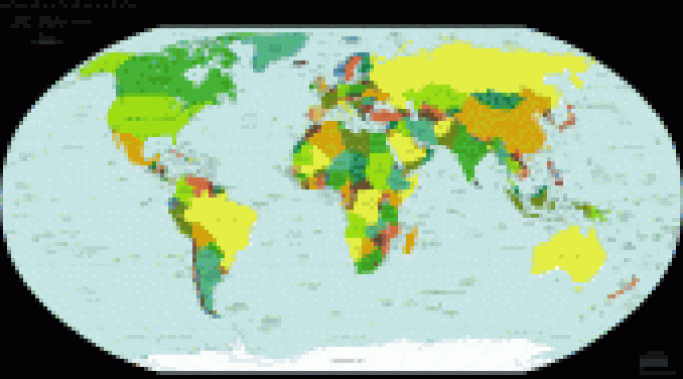I just came back from the Academy of Eating Disorders international conference in Salzburg. To my chagrin, one thing I discovered is that eating disorder treatment professionals around the world can't agree on eating disorder terminology. They still use different terms to describe the same thing, and it makes discussing eating disorders very confusing.
networking
I'm off to Salzburg, Austria soon to attend and speak at an Eating Disorders conference. I've lost count of how many I've attended now, but this is the longest distance I've traveled to one.
We've all heard of patients and parents of patients "Googling" an illness or treatment and arriving to appointments with print-outs and pointed questions. The problem is new, but not unexpected. New technologies and access often make people nervous. There was a time when women weren't allowed to read novels and locomotive trains were believed to cause internal damage because they traveled so fast. To be fair, the public is known to over-reach on new ideas as well: the Atkins Diet and pet rocks come to mind.
When our family is dealing with a horrible situation, it is natural to want others to understand OUR issue. I wish it didn't have to be a competition. We are all in this together.
Admittedly, not everyone in the eating disorders world agrees on everything. In fact, I wonder how many fields have as much internal dissent and such a lack of common ground? We don't agree on cause, treatment, or even how to diagnose or measure recovery. We don't all agree on what an eating disorder IS. Worse still, too many people rest in the belief that their view is happily shared by all.
I was in London earlier this month for the Eating Disorders International Conference held by b-eat, the largest eating disorders charity in the UK. The event gave me the opportunity to see eating disorder treatment from two perspectives: my own, and the one faced by families in England. I came away feeling the chasm between science and practice is just as deep on both sides of the pond, but the content is different.
I've noticed that the history of the online parent community around eating disorders somewhat mirrors how parents have fared in terms of the treatment of their child; it started off non-existent, involved a lot of blaming and shame in the middle, but I can now report a new attitude is spreading around the world.






